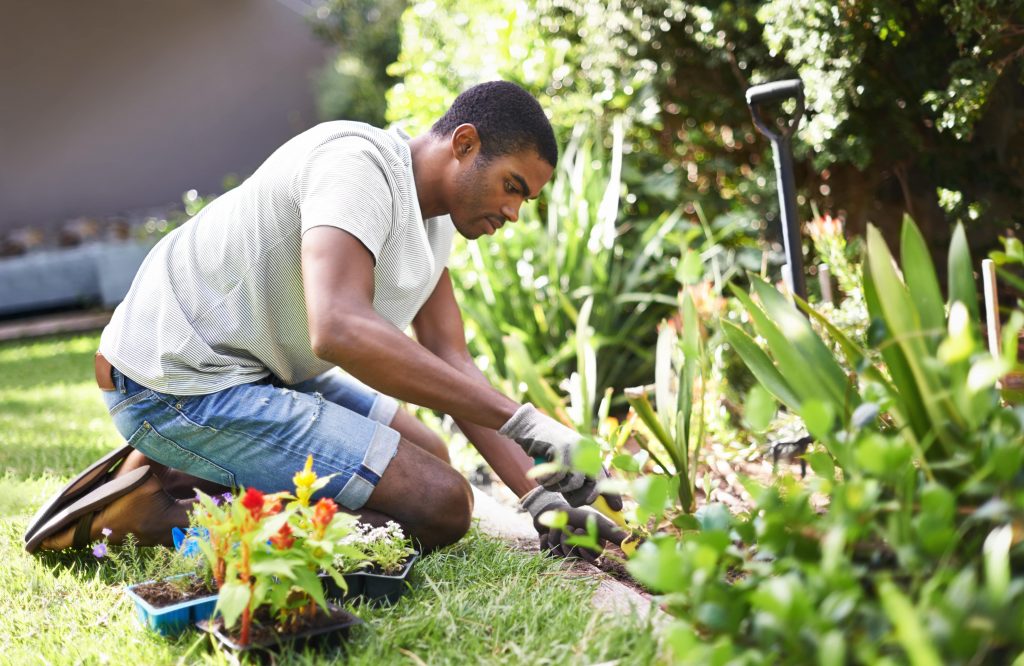Many of us gardeners experience gardening problems, even veteran gardeners. It’s normal to have things go wrong at some point, but it is not impossible to learn how to manage the problem and grow healthier plants.
Soil Preparation
Good soil preparation is the key to a successful garden. Without it, your crops will struggle to thrive and may die out completely. Check your soil’s PH levels and work to improve it by adding compost or other amendments.
Plant Diseases
Some diseases are common, and can be very frustrating for your plants. Some like powdery mildew are just a nuisance and can be easily managed, but other such as blossom end rot can be fatal to your vegetables.
Lack of sunlight
Most vegetables require a minimum of 6 to 8 hours of direct sun daily to grow healthy and produce the best harvest. If your garden receives too much shade, thin the plants out so each one gets more light.
Poor Drainage
If you have heavy clay soil, your plant might not be able to absorb the water that it needs. Make sure to use a deep well draining mulch or improve the drainage of your soil.
Overwatering
Watering too much is one of the biggest mistakes that people make when gardening. This is because the excess water can damage the roots of your plants, causing them to rot and not take up the nutrients they need.
Not enough fertilizer
It is also a mistake not to provide your plants with enough nutrition. Too much nitrogen in your garden can burn the plants, and too little of it will result in a bland, boring taste.
Insufficient nutrient amounts are caused by a variety of reasons, including soil pH, drainage and pests. A complete fertilizer, or incorporating aged manure into the soil can help boost the nutrients in your soil and prevent these deficiencies.
Bad weather
Wind can strip your plants of moisture and can cause them to wilt or turn brown. This can happen during dry weather or if it is very hot and humid. Inspect your plants regularly for signs of drought, and if they are struggling to thrive, move them to a location that gets more sunshine.
Overshaddowing
Weeds are a major problem in most gardens, but they can be controlled with regular weeding. Avoid deep hoeing or cultivating that can bring weed seeds to the surface, and work in the early morning or late evening to limit weed growth.
Floating Row Covers
Using floating row covers can help protect your garden from insects and other garden pests, such as aphids. These pests can harm seedlings, and if they are not removed, they can cause the seeds to rot.
The best way to prevent aphids is to use a physical barrier such as a floating row cover or netting around your garden. The other option is to use organic pesticides, which will kill the aphids and keep them from spreading.

